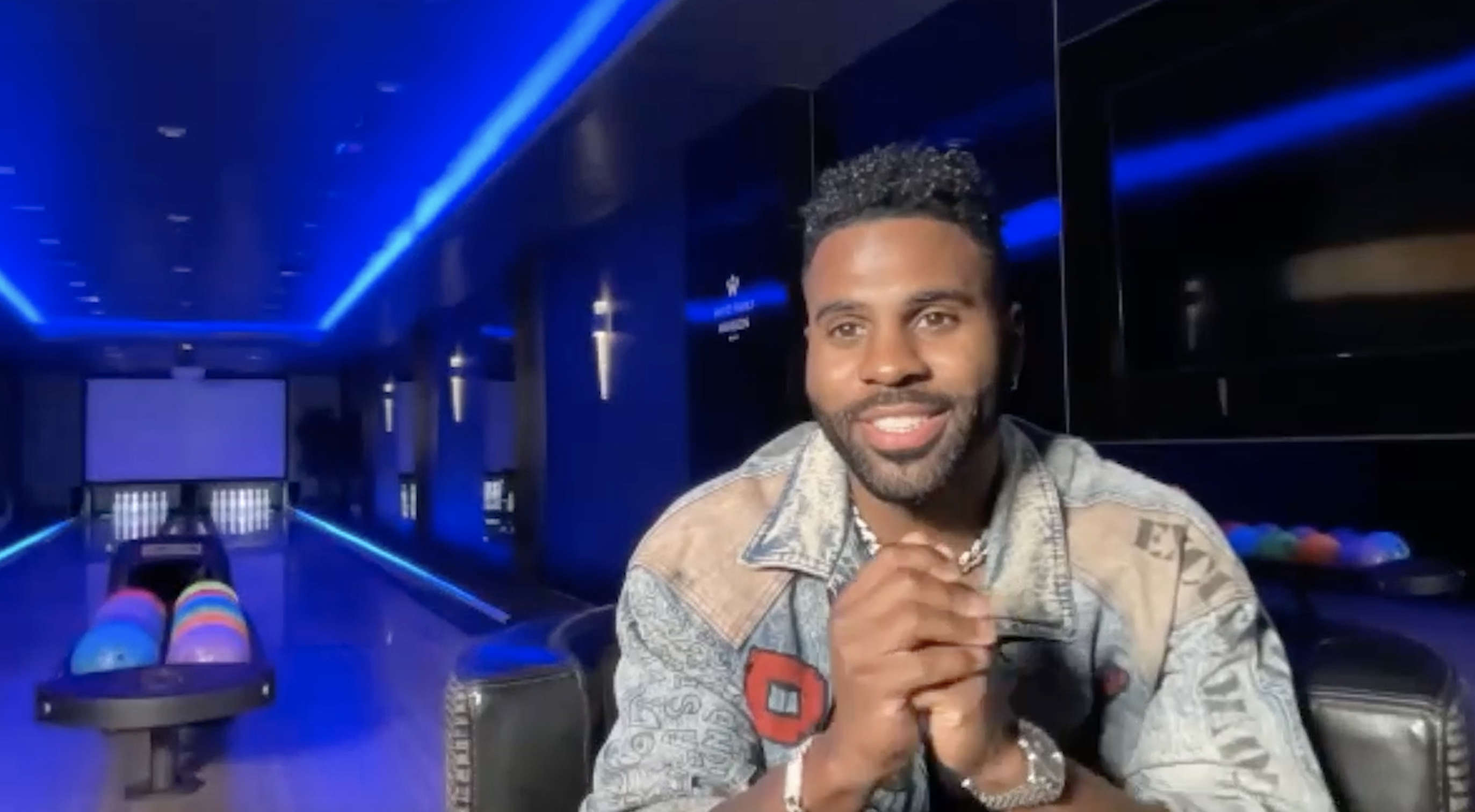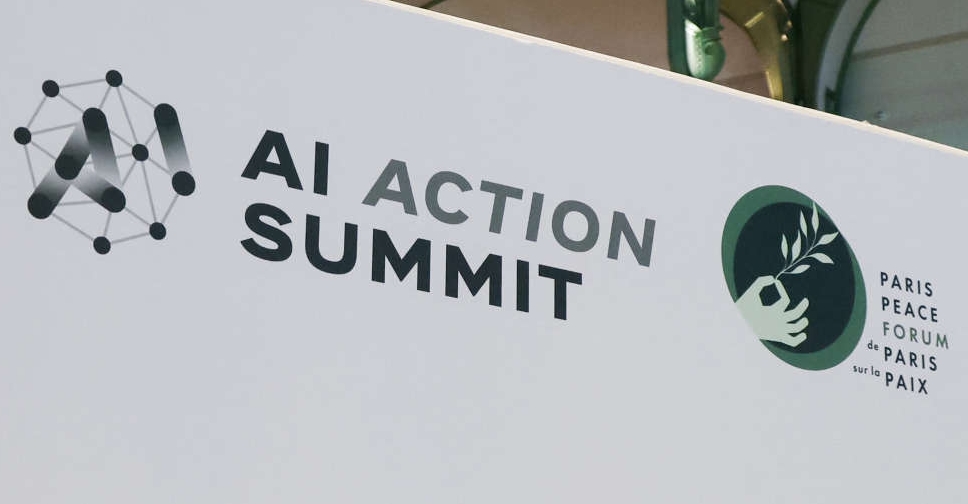
World leaders and technology executives are convening in Paris on Monday to discuss how to safely embrace artificial intelligence at a time of mounting resistance to red tape that businesses say stifles innovation.
Eagerness to rein in AI has waned since previous summits in Britain and South Korea that focused world powers' attention on technology's risks after ChatGPT's viral launch in 2022.
As US President Donald Trump tears up his predecessor's AI guardrails to promote US competitiveness, pressure has built on the European Union to pursue a lighter-touch approach to AI to help keep European firms in the tech race.
"If we want growth, jobs and progress, we must allow innovators to innovate, builders to build and developers to develop," OpenAI CEO Sam Altman said in an op-ed in Le Monde ahead of the summit.
Some EU leaders including the summit's host, French President Emmanuel Macron, are hoping flexibility will be applied to the bloc's new AI Act to help homegrown startups.
"There's a risk some decide to have no rules and that's dangerous. But there's also the opposite risk, if Europe gives itself too many rules," Macron told regional French newspapers.
"We should not be afraid of innovation," he said.
Trump's early moves on AI underscored how far the strategies to regulate AI in the United States, China and EU have diverged.
European lawmakers last year approved the bloc's AI Act, the world's first comprehensive set of rules governing the technology. Tech giants and some capitals are pushing for it to be enforced leniently.
Moreover, Trump's brakes-off approach has emboldened the regulation-cautious US Big Tech groups from which Europe needs to seek investment.
Meanwhile, China's DeepSeek challenged US and British AI leadership last month by freely distributing a human-like reasoning system, galvanising geopolitical and industry rivals to race faster still.
Trump is not sending US AI Safety Institute staff to the Paris summit, in a troubling sign to those hoping for global risk-based rules governing AI.
ENERGY NEEDS
Top political leaders including US Vice President JD Vance and China's Vice Premier Zhang Guoqing will attend the summit. Others on the attendance list include Canadian Prime Minister Justin Trudeau and Greek Prime Minister Kyriakos Mitsotakis.
Macron is due to meet with Zhang on Monday and Vance on Tuesday, the Elysee said. The plenary session is on February 11.
Top executives such as Alphabet CEO Sundar Pichai and OpenAI's Altman are slated to give talks as well.
Delegations are also expected to talk about managing AI's massive energy needs as the planet gets hotter, and AI for the developing world. A non-binding statement is being discussed.
At the weekend, Nvidia-backed French startup Mistral announced the opening of a data centre in the wider Paris region.
Arthur Mensch, CEO of Mistral, which launched a new app with generative AI software last week, told Reuters, "The French and the whole world are realising that European players count and that they provide cutting-edge technology."
Not everyone in Paris agreed with looking beyond AI's dangers.
Yoshua Bengio, considered one of the "Godfathers of AI" said at an event on the sidelines Sunday that frontier AI already had shown a capacity for deception and self-preservation, in a harbinger of future risks.
"I'm speaking my mind to anyone who wants to hear it," said Bengio. "I'm not going to stop."


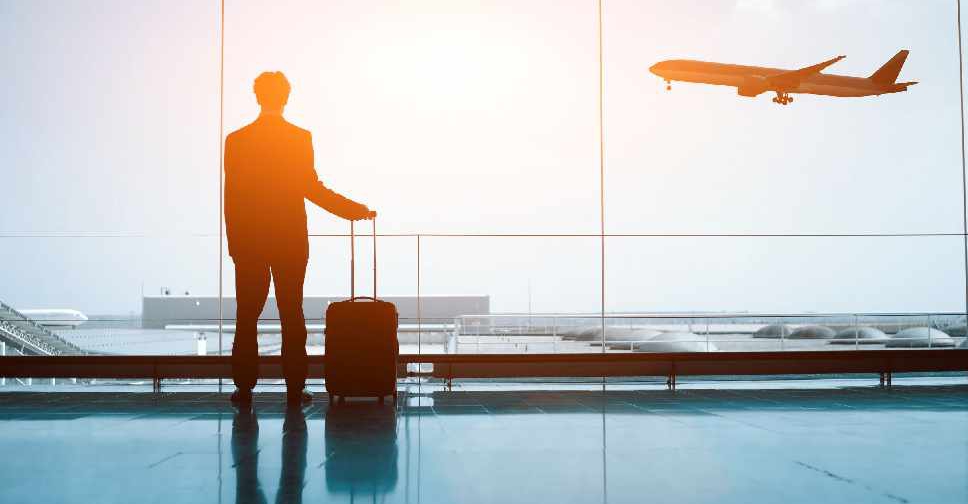 Aviation sector contributes $4.1 trillion to global economy
Aviation sector contributes $4.1 trillion to global economy
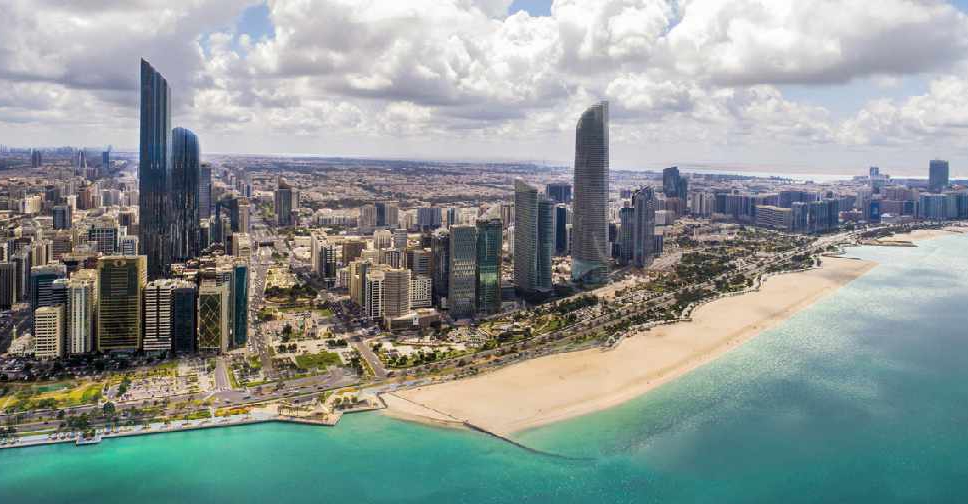 16% growth in new economic licences in Abu Dhabi during 2024
16% growth in new economic licences in Abu Dhabi during 2024
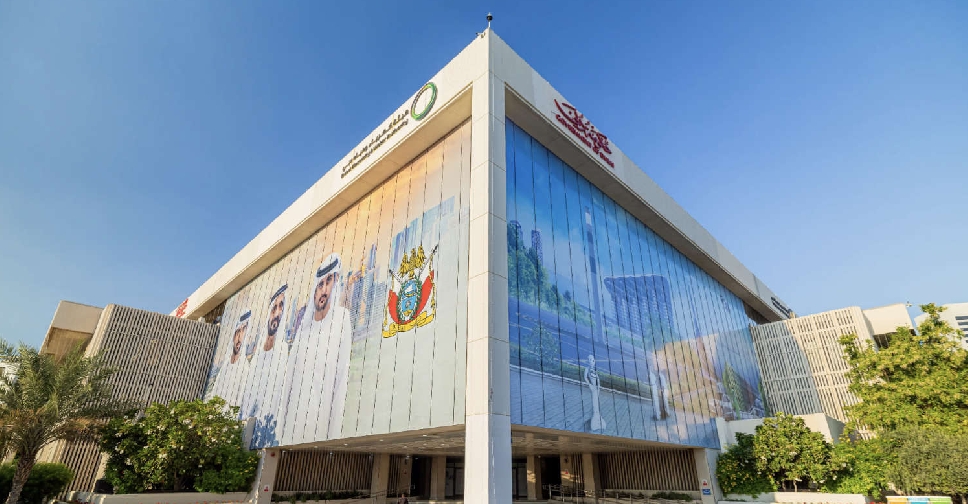 DEWA updates billing on water consumption
DEWA updates billing on water consumption
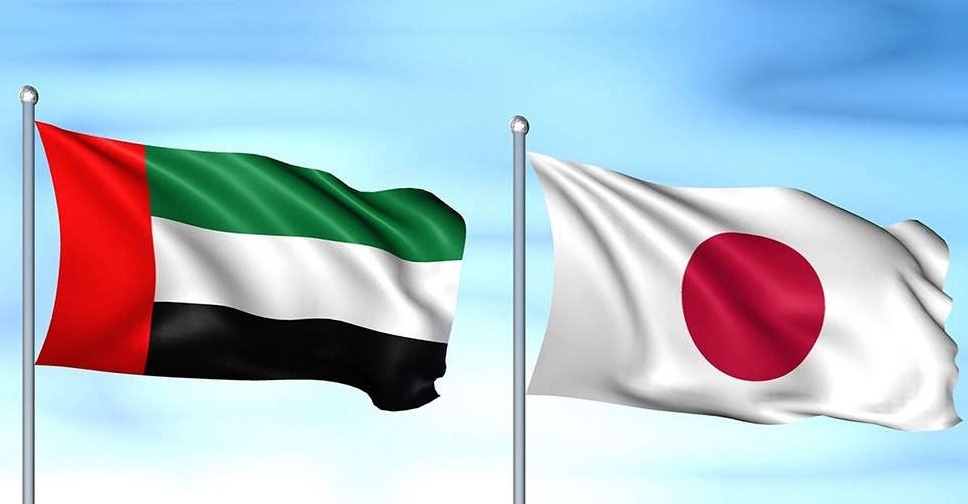 UAE, Japan to complete CEPA by end of year
UAE, Japan to complete CEPA by end of year


